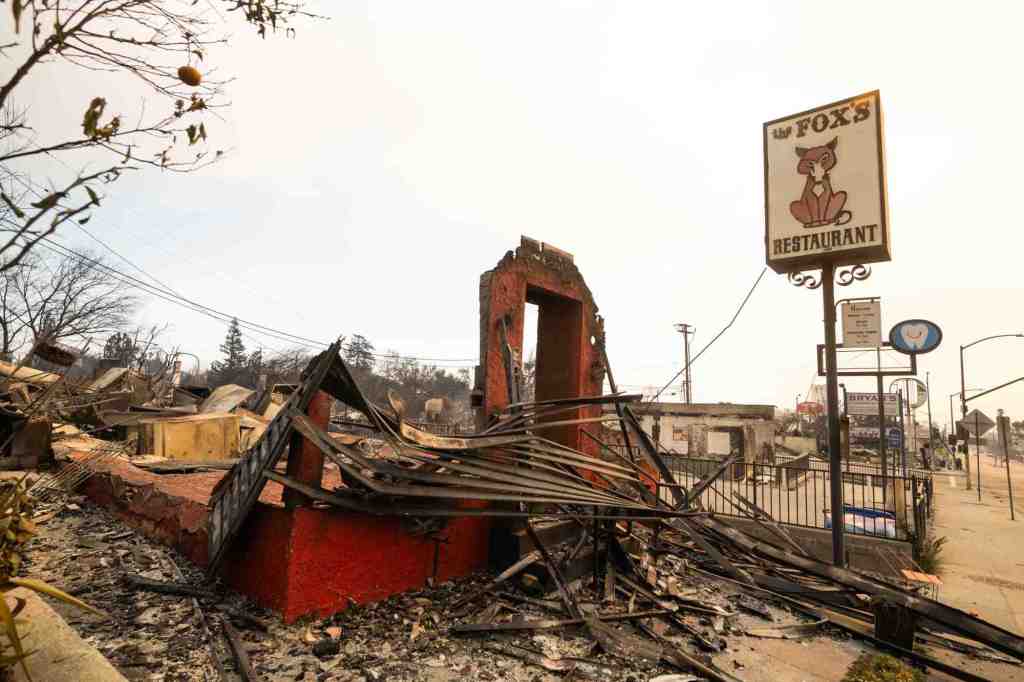There’s a new chapter in one of California’s most infuriating traditions: governors and their appointees taking extraordinary steps to protect giant investor-owned utilities. In keeping with this history, the latest chapter was only revealed after key decisions were already made.
In 2001, Gov. Gray Davis got the Legislature to adopt densely written legislation that ended up forcing taxpayers and ratepayers to absorb billions of dollars in losses created by a flawed deregulation scheme enacted in 1996 at the utilities’ behest. When wholesale electricity prices soared and PG&E and Edison couldn’t pay their bills, the state stepped in to buy power, issuing $13.4 billion in bonds, and sharply raised rates.
This practice of rewarding mismanagement continued after a 2010 disaster in the San Francisco suburbs. A decrepit PG&E gas transmission line — one inspectors later found had been poorly maintained for years — exploded in San Bruno, killing eight people, seriously injuring 58 others and destroying 38 homes. Even though PG&E was found guilty of five felonies in the tragedy, the California Public Utilities Commission — dominated by appointees of Gov. Jerry Brown — gave the utility a huge break in 2015 when imposing a $1.6 billion “fine” that really wasn’t. The sum included $850 million that PG&E would have spent no matter what to upgrade its natural gas pipelines.
Then there’s the PUC scandal that San Diegans are most familiar with: a secret meeting in Warsaw, Poland, in 2013 between PUC President Michael Peevey and an Edison executive that established the basics of a deal in which ratepayers would cover about $3.3 billion of the $4.7 billion cost of shutting down the San Onofre nuclear plant in which Edison was the majority owner and SDG&E the minority owner. After the U-T’s Jeff McDonald revealed the secret meeting, the commission was forced in 2018 to approve a revised settlement that reduced the ratepayers’ share of shutdown costs by $750 million.
Now there’s a new entry on this list. On Oct. 18, the Los Angeles Times reported that Senate Bill 54 — part of a package of measures signed by Gov. Gavin Newsom that he said would limit the “burden on ratepayers” — included a paragraph related to the huge Eaton fire in Altadena in January that could actually add billions to the bills sent to Edison ratepayers. The never-disclosed fine print may allow the utility to sharply limit its liabilities if its equipment is found to have caused the fire, which killed 19 people and destroyed 9,000 homes.
Yes, a case can be made that in an increasingly hot, dry and fire-prone state, lawmakers and regulators need to worry about keeping the three giant utilities alive and functioning. This is why Newsom aide Daniel Villasenor issued a statement to the Times calling the bill “smart public policy, not a giveaway.” Yet if that’s true, why wouldn’t the governor make the case for its most controversial provision publicly before it became law? Why hide it not just from the public but from most state lawmakers?
The answer, of course, is that the bill would not have passed if lawmakers knew what they were voting for. But now Newsom’s cynicism is plain for all to see.
